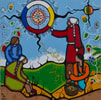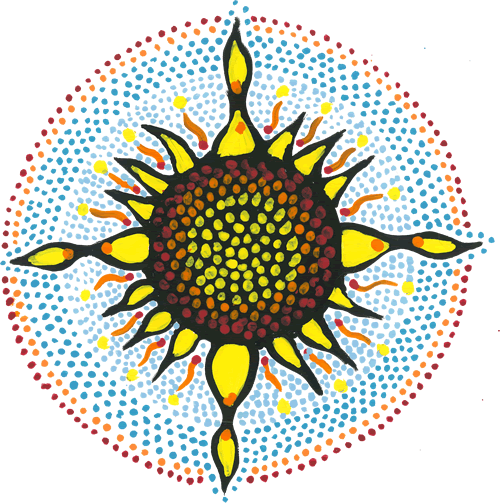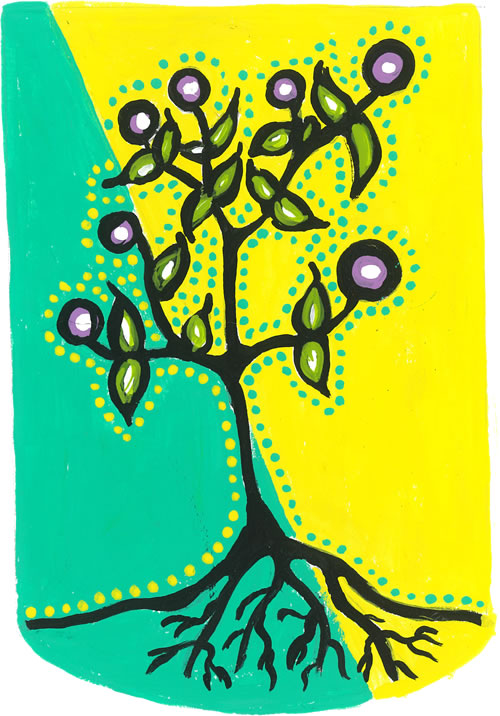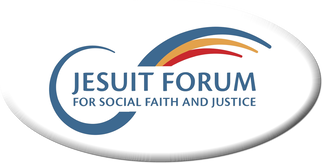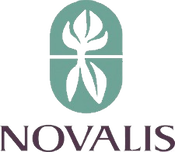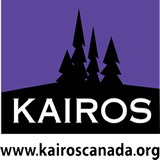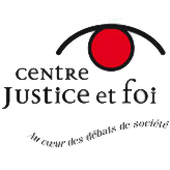"Our gaze is… in the wrong place because we are asking the wrong questions.
Instead of asking, 'What’s wrong with these people?' we should ask, 'What’s wrong with this broader
system that built a wall and flung Humpty Dumpty over it?'"
—Deborah McGregor
|
Why this Guide?
As we prepared this guide, many, quite rightfully, noted that the Jesuit Forum was far from being experts on the complex question of how to move towards more just relationships with Indigenous Peoples. In many ways, those concerns are valid. We certainly do not claim to be authorities on this question. Yet, as Settlers and Newcomers living on this land—as people who have benefited from the legacy of colonization and the land taken from Indigenous Peoples—we feel a moral obligation to do what we can to help live up to our responsibilities as treaty peoples and address the legacy of injustices. As Deborah McGregor rightfully notes, Canada does not have an “Indigenous problem". Canada has a colonization problem. Those of us who have benefited from colonization—particularly those of us who are Settlers, whose ancestors have lived here for some time—have a responsibility to address the system that has enriched us by stealing the land and lives of Indigenous Peoples. We believe the first step in this process is to listen deeply to what Indigenous Peoples are saying to us, to open ourselves to be transformed by their words, and to act based on what they are telling us to address injustices, heal relationships, and bring about a post-colonial Canada. ► Read more (pdf) |
|
Cover Image: Healing Herbs, Acrylic painting on canvas, 10 x 10 in. (2017) by Diane Montreuil, an artist based in Toronto – originally from Montréal, Québec – of the Eastern Métis, influenced by the Woodland School Style. Diane describes the piece:
“Grandmother who gives her wisdom as the keeper of the teaching lodge and the sacred ways. She understands and teaches the healing pathway to our people and young women for them to learn the traditional herbal way of the medicine, based on the medicine wheel. For each heir of the teaching, it’s their responsibility to pass on to the next seven generations and learn how to walk in Beauty and Respect on our Mother Earth.” |
Creation and Editorial Process
Listening to Indigenous Voices draws on a wide selection of writings and artwork by Indigenous creators from across Turtle Island who generously shared their work with us. The guide was edited by:
► See the inside cover of the guide for more details |
|
Selected Endorsements
"Listening to Indigenous Voices is a journey through some of the most important Indigenous voices of our generation. In it, you will learn how to engage in dialogue, growth and change - all the while enacting justice and relationships from the visions, stories, and words of Indigenous artists and knowledge keepers. As Arthur Manuel states: "change cannot be done in a day but the process can start today;" reading this collection is one way to start." — Niigaanwewidam James Sinclair, is Anishinaabe (St. Peter's/Little Peguis) and an Assistant Professor at the University of Manitoba "This carefully crafted guide involves the voices of Indigenous peoples through stories, ceremonies, songs and visual arts to reveal a world enriched by diverse Indigenous wisdom and the complex history of colonization and its impacts. It guides us in coming to know each other and to travel on pathways towards living with one another in respect and care." — Lorna Wanósts’a7 Williams, of the Lil’wat Nation, BC, is Professor Emerita and Canada Research Chair in Education and Linguistics "Listening to Indigenous Voices is a wonderful guide to helping non-Indigenous peoples with connecting, discussing, and understanding First Nations, Inuit and Métis people in Canada. The guide provides a step-by-step guideline to having frank and honest discussions about cultural genocide and the necessary un-learning of stereotypes and racism to start the path to reconciliation." - Angela Mashford-Pringle, Assistant Professor and Associate Director of the Waakebiness-Bryce Institute for Indigenous Health, Dalla Lana School of Public Health, University of Toronto (Algonquin: Timiskaming First Nation) |
Listening to Indigenous Voices has been created by an editorial team from:
The Jesuit Forum for Social Faith and Justice
70 St. Mary Street, Toronto, Ontario, M5S 1J3
416-927-7887
www.jesuitforum.ca
[email protected]
Web banner artwork by Patuo'kn Illustration and Design and Diane Montreuil
Listening to Indigenous Voices is published by Novalis and produced in collaboration with KAIROS and Centre justice et foi
The Jesuit Forum for Social Faith and Justice
70 St. Mary Street, Toronto, Ontario, M5S 1J3
416-927-7887
www.jesuitforum.ca
[email protected]
Web banner artwork by Patuo'kn Illustration and Design and Diane Montreuil
Listening to Indigenous Voices is published by Novalis and produced in collaboration with KAIROS and Centre justice et foi
Proudly powered by Weebly
